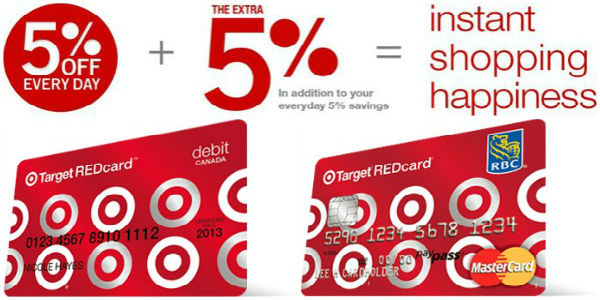Benefits of store credit cards

Store credit cards often get a bad rap because of their high interest rates and low lines of credit, but they can serve a viable role in consumer’s financial lives, when used strategically. Here’s how.
They can act as a short-term loan for other debt. The promise of saving money on a purchase and receiving “exclusive” discounts and offers are common store credit card sales tactics, but typically, the percentage of discount is negated by a high interest rate and pricey penalties for missed or late payments. However, there are times when store credit cards can work to a consumer’s advantage, specifically when a card offers a 0 percent interest rate for at least six months and when the consumer is confident in his or her ability to pay the balance in full, before the promotional period expires.
In the case of large purchases like furniture, appliances or technology, for example, store credit cards offering 0 percent interest for several months empower the consumer to borrow for free, in order to put their cash to better use. For example, a person who intended to pay $2,000 on a new computer but instead puts it on a 0 percent store credit card could use the cash to reduce balances on other high-interest debt. Similarly, a cardholder without debt could leverage the interest-free promotion to deposit their cash into an interest-bearing savings account to grow the money further.
They limit risk associated with misuse. Though the low credit lines that store cards typically offer require users to understand the importance of managing their spending, they can be valuable tools in teaching responsible credit use. Particularly because spending power is limited (you can only use the card at one store), and because they typically lack features of major credit cards that can lead to credit issues (like costly cash advances), they provide the same lessons in the importance of budgeting ,with less inherent risk than major credit cards present.
They can deliver savings on essentials. Consumer research on the spending habits associated with credit cards confirms that simply seeing that a retailer accepts the credit cards you carry may be all it takes to stimulate the urge to spend. Despite that temptation, store credit cards issued by retailers who sell essentials the cardholder will buy no matter what (for example, toiletries, food or medicine) can be a money-saving tactic if the cardholder earns an additional discount on their purchase, and is disciplined enough to stick to must-have items on their list. (For example, the Target REDcard offers a 5 percent discount on most purchases that’s applied directly at the time of purchase, along with free shipping.)
They can build a user’s credit. Because approval criteria for store credit cards isn’t as stringent as that of major credit cards, they can be a valuable tool for responsible users who need to build their credit history. In the case of young adults who lack the credit history required to independently open a major unsecured credit card, for example, store credit cards opened through reputable retailers can provide the benefit of managing a credit line and owning a credit account for several years, which can contribute positively to a person’s credit score over time. Likewise, a person who has had negative credit events like bankruptcy may find success securing a store credit card, despite being declined by major issuers. Over time and with responsible use, that person can use the store credit card as part of a strategy intended to rebuild their credit history and prove they can pay bills on time.





